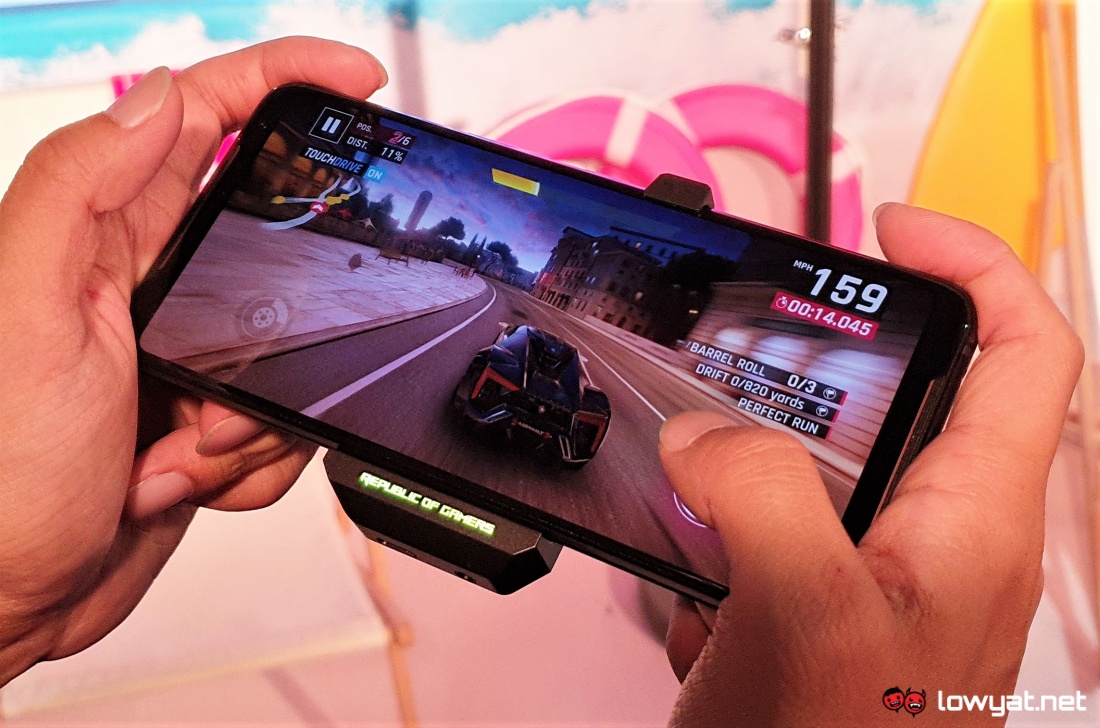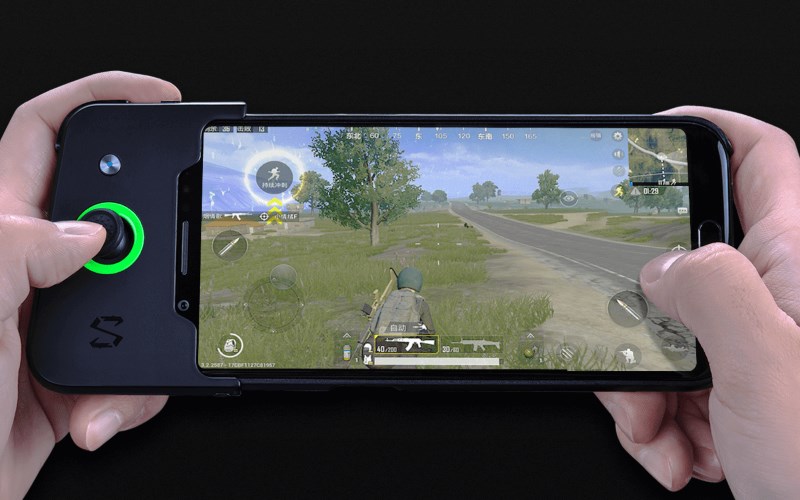According to Irdeto, Mobile Game Protection is designed to provide protection against “hackers from debugging, reverse engineering, and changing the game”. Like Denuvo on PC, the security feature does not require a source code, and is on a 24/7 availability. “The video game industry has its own mobile ecosystem that includes game and app stores, game engines and analytics platforms. While this has facilitated a hugely profitable new area of gaming, it has also opened new avenues and access points for hackers and cheaters,” Reinhard Blaukovitsch, Managing Director of Denuvo, Irdeto, says. “Without proper security in place, publishers could be exposing themselves to revenue loss and reputational damage”.
One of several key features of Mobile Game Protection is root detection. In this case, the feature is tailored to detect root programs such as Magisk or SuperSU, and Xposed. If the DRM detects any of the stated root programs, it will prevent the game from working properly. Irdeto’s decision to enter the Android mobile game space isn’t unexpected. As it stands, the Android ecosystem is littered with piracy, and it’s not difficult to find a cracked version of your favourite game title. However, gaming on the PC is a whole different ball game from gaming on Android; unlike PC titles, the majority of mobile titles use a “freemium” model. That enables its developers to maintain a constant revenue stream, either with daily or special in-game offers.
So long as the user’s Android device is operating on legitimate software, there shouldn’t be anything to worry about. On another note, it doesn’t look like Irdeto will be bringing Mobile Game Protection over to Apple’s iOS. For the simple fact that Apple already has it’s own anti-tampering system in place. (Source: Denuvo via XDA)

